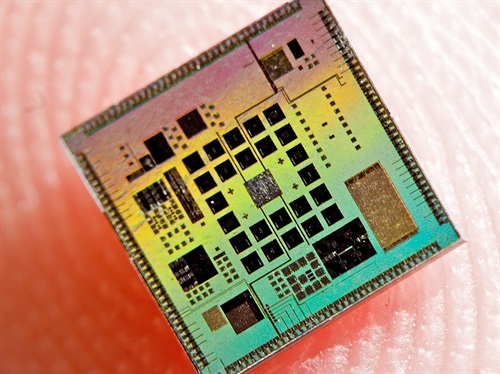
Clinical adoption
However, there are several challenges for the adoption of innovations, often associated with bridging the expertise of engineers with the requirements of the healthcare market. We aim to guide our technologies along the adoption pathways. To achieve this, we have established a group of specialists actively supporting clinical positioning and human factors mapping, patient engagement, health economics, and utilising dissemination and implementation sciences.

Thus, successfully translating novel technologies, devices, and treatments into clinical practice requires a collaborative and multidisciplinary effort to navigate research ethics, regulatory approval processes, and provide the necessary support for optimal clinical positioning. These challenges often pose significant barriers, hindering innovations from attracting external commercial and venture capital funding required for progression to clinical use. To address the challenges outlined above, our team facilitates the translation of the most promising innovations along the clinical approval pathway to maximise the likelihood of clinical adoption.
To overcome these hurdles and ensure the successful implementation of innovations, we recognise the importance of attracting commercial and industrial partners. These partnerships are vital for scaling up, disseminating, and sustaining innovative technologies beyond the clinical realm. By fostering collaborations with commercial and industrial stakeholders, we aim to create mutually beneficial relationships that drive the adoption and commercialisation of promising innovations. This includes providing support in navigating intellectual property considerations, conducting market analysis, and developing business strategies.